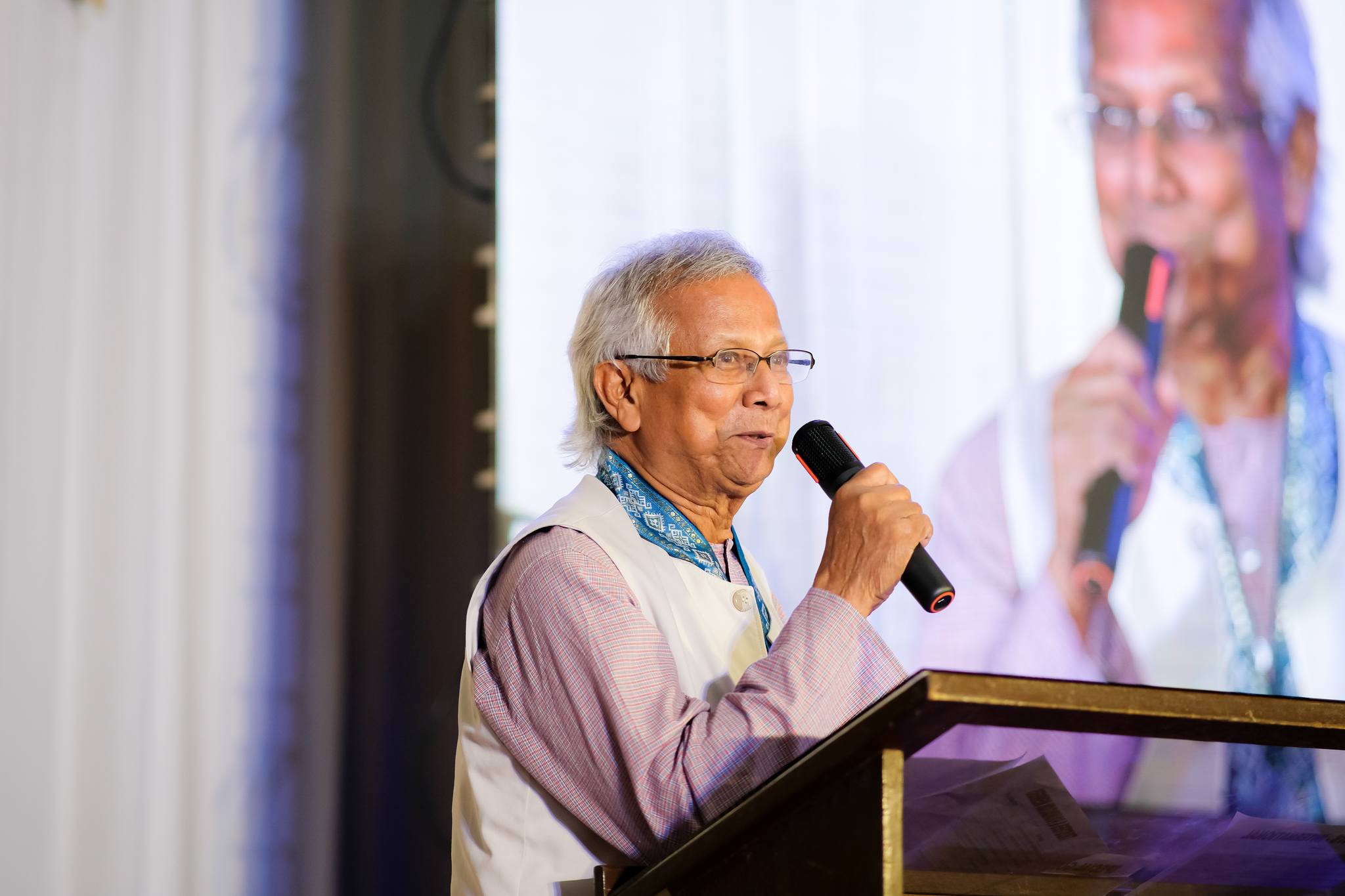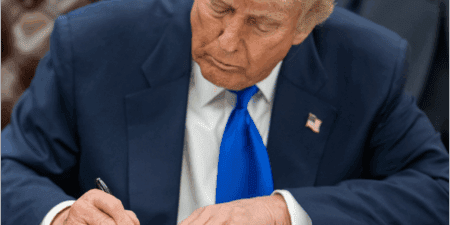BowerGroupAsia wrote an update to clients on Bangladesh’s new interim government.
Context
- Bangladesh swore in a new 17-member interim government August 8 under the leadership of world-renowned economist Muhammad Yunus. The new Cabinet is a blend of experienced and young individuals, including two student leaders, people with bureaucratic backgrounds and those with long experience in nongovernmental organizations (NGOs). Its representation of men and women is balanced; four professional women are in the Cabinet, with one religious leader and a former freedom fighter. Some see the new Cabinet as NGO heavy. One uniqueness of this interim government is the inclusion of young student leaders in the cabinet for the first time in the history of Bangladesh. What is more striking is the decision to integrate student leaders into all the relevant ministries. They will oversee the implementation of the student movement’s objectives to reform and reconstruct state institutions.
- The new government fills the vacuum created by the departure of former Prime Minister Sheikh Hasina August 5. However, it will be expected to address a number of immediate challenges. These include restoring law and order, operationalizing the public administration and energizing economic activities and investigating more than 700 killings that took place in the last three weeks and bringing the culprits to justice. In the medium term, the Cabinet must reorganize state institutions, including the Election Commission and other election-related bodies, to hold the next elections in an inclusive manner as soon as possible.
Significance
- At the domestic level, all major political parties including the Bangladesh Nationalist Party (BNP), Jatio Party and Jamat e Islami have welcomed the new government. Hasina’s Awami League has been silent because the party is in complete disarray. In the meantime, President Mohammed Shahabuddin has sought the Supreme Court’s opinion to avoid legal complications concerning the interim government’s formation. The court has ruled that in exceptional situations such as the present one, the formation of an interim government is legal and valid. This ruling avoids a constitutional crisis given the current constitution’s lack of a provision for caretaker and interim governments. The removal of the provision for caretaker governments by the last Awami League government in 2011 enabled Hasina to hold three rigged elections in 2024, 2018 and 2024.
- The sudden fall of Hasina’s government came unexpectedly for India. The government enabled India to advance its strategic interests in the region. Indeed, Modi’s government has mentioned several times that Bangladesh under Hasina was a key country in India’s “neighborhood policy.” In support of its policy, India secured several strategic accesses points in Bangladesh to track Chinese and U.S. movements in the region.
- The United States appears well positioned to gain most from this transition for several reasons. First, the Cabinet members, including Yunus, are known to be close to Washington. Second, the United States has spoken out against the Hasina regime recently, and some suspect that Washington may have been behind the change in government. Third, the upcoming reforms under discussion will need extensive support from the United States and European Union. Both will therefore have access to the new government and may reap considerable benefits from the change in leadership.
Implications
- The situation is still volatile. With practically all government institutions politicized by the last regime for narrow partisan interests, it will be challenging for the interim government to restore public confidence. The new Cabinet therefore has a tall task ahead of it.
- In the absence of announced policy priorities, a few assumptions could be made based on the inclusion of Yunus in the new interim government.
- Yunus is a great promoter of liberal values and practices, including in economic matters, and it is possible that he will pursue business-friendly policies. Given his familiarity with the U.S. business world, the American business community may find a friendly audience in Yunus if exploring investment and business opportunities in Bangladesh. Restructuring state institutions, including streamlining government accountability and transparency mechanisms — one of the key demands of the younger generation, would likely open up the economy for further investment.
- The inclusion of a reputed former governor of Bangladesh Bank in the Cabinet suggests that the new government may take immediate initiatives to restore confidence in the financial sector. This could include drastic reforms, which may have multiplier positive effects. In the meantime, the business sector has been hit hard by the recent power transfer because most key businesses were close to the ruling party. Banks, garments buyers and exporters association are in turmoil with contesting groups vying for power.
- A vice president of the World Bank is rumored to have been selected as the new governor of Bangladesh Bank. If that materializes, the trust of the investors, particularly foreign investors, could be restored and perhaps strengthened.
- The new government’s support from the military, young generation and a large section of the citizenry could ensure the stability needed to boost economic activity.
- The Dhaka Stock Exchange has shown positive signs in the last three days. The prices of essential commodes have declined in the absence of rent-seeking middlemen, who impose informal cost on retail businesses.
We will continue to keep you updated on developments in Myanmar as they occur. If you have any questions or comments, please contact BGA Head of Research Murray Hiebert at mhiebert@bowergroupasia.com.
Best regards,
BowerGroupAsia

BowerGroupAsia


























